A republic properly understood is a sovereignty of justice, in contradistinction to a sovereignty of will
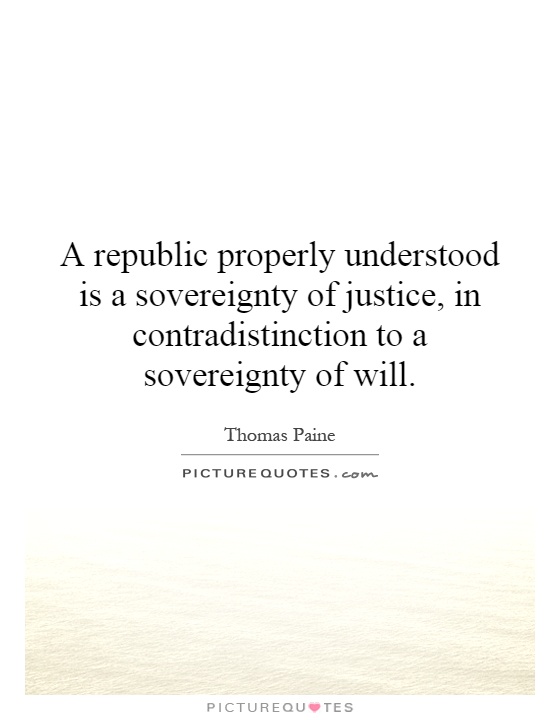
A republic properly understood is a sovereignty of justice, in contradistinction to a sovereignty of will
Thomas Paine, a key figure in the American Revolution and a proponent of republicanism, believed in the concept of a republic as a form of government that is based on the sovereignty of justice rather than the sovereignty of will. In his writings, Paine argued that a republic properly understood is one in which the rule of law and the protection of individual rights are paramount, rather than the arbitrary exercise of power by a single ruler or a small group of elites.Paine's view of a republic as a sovereignty of justice can be seen in his famous pamphlet "Common Sense," in which he argued for the independence of the American colonies from British rule. Paine believed that the British monarchy was a form of government based on the sovereignty of will, in which the king's arbitrary decisions and actions were not subject to any higher authority. In contrast, Paine saw the American colonies as having the potential to establish a republic based on the principles of justice and the rule of law.
For Paine, a republic properly understood is one in which the government is accountable to the people and operates according to a set of laws that protect individual rights and promote the common good. In a republic, the power of the government is limited and distributed among different branches, with checks and balances to prevent any one branch from becoming too powerful. This system of government, Paine believed, would ensure that the rights and liberties of the people are protected and that justice is upheld.
Paine's vision of a republic as a sovereignty of justice has had a lasting impact on political thought and practice. His ideas helped to shape the founding principles of the United States, including the Constitution and the Bill of Rights. Today, the concept of a republic as a government based on the rule of law and the protection of individual rights continues to be a central tenet of democratic societies around the world.





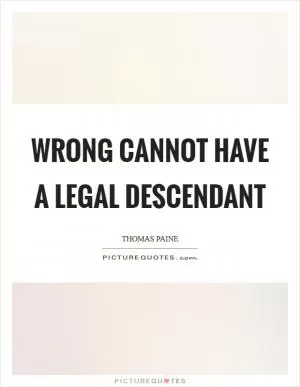
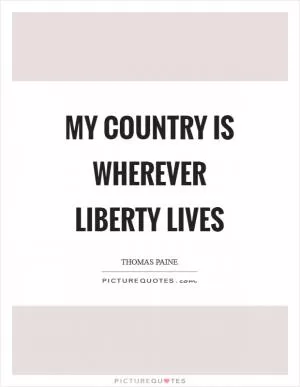
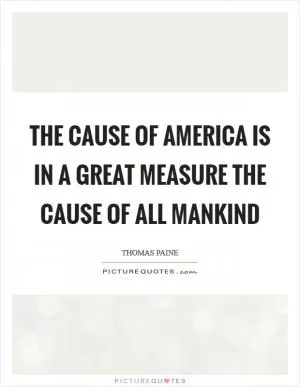
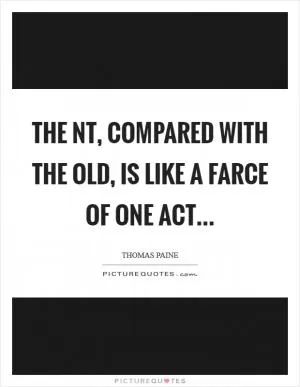



 Friendship Quotes
Friendship Quotes Love Quotes
Love Quotes Life Quotes
Life Quotes Funny Quotes
Funny Quotes Motivational Quotes
Motivational Quotes Inspirational Quotes
Inspirational Quotes